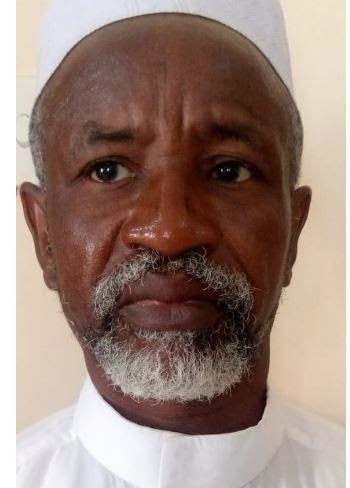Abstract
Global conflicts are as old as human societies, the major variants has been the cause, nature and the magnitude of the conflicts. In the history of Islam, refugee crisis and management dates back to the earliest day of the faith, with the Muslims migration to Abysinia (Ethiopia). This paper posited that the approach of all stake holders in the management of the conflicts in Zamfara State appears to have defied most of the mitigation mechanisms applied, because the phenomenon has not been x-rayed pragmatically. The remedial strategies have not addressed the roots of the conflicts and the plights of the affected victims have not been attended to comprehensively. This paper examined the genesis of the crisis, the inconsequential measures enforced and the role of Religious Institutions in the mitigation of the conflicts, addressing compressively the aftermath of the humanitarian crisis via the lens of humanities in Zamfara State. The paper examines how some of these institutions have aligned their programs with the principles of Shari’ah which are the protection of religion, life, property, intellect, future generations, and human dignity, guided by the principles of compassion, justice and hospitality. Using qualitative data and field observations, the study shows that religious institutions are key providers of humanitarian assistance, psychosocial support and community reintegration, meeting both the immediate and long-term needs of Internally Displaced Persons (IDPs). By prioritizing the sanctity of life and human dignity, these institutions not only provide material support but also build resilience and social cohesion within the displaced population. The findings indicate that aligning support with Shari'ah principles enhances its relevance and effectiveness, underscoring the need for formal integration of religious institutions into comprehensive humanitarian responses as a matter of policy. This study demonstrates the transformative potential of faith-based initiatives in managing humanitarian crises in conflict-affected areas of Zamfara State.
Keywords: Perspectives, Islam, Management, Humanitarian Crisis, 21st Security Challenges.
DOI: 10.36349/zamijoh.2025.v04i01.002
author/Bello, M., Gusau, N.G. & Garba, A.D.
journal/Zamfara IJOH Vol. 4, Issue 1





